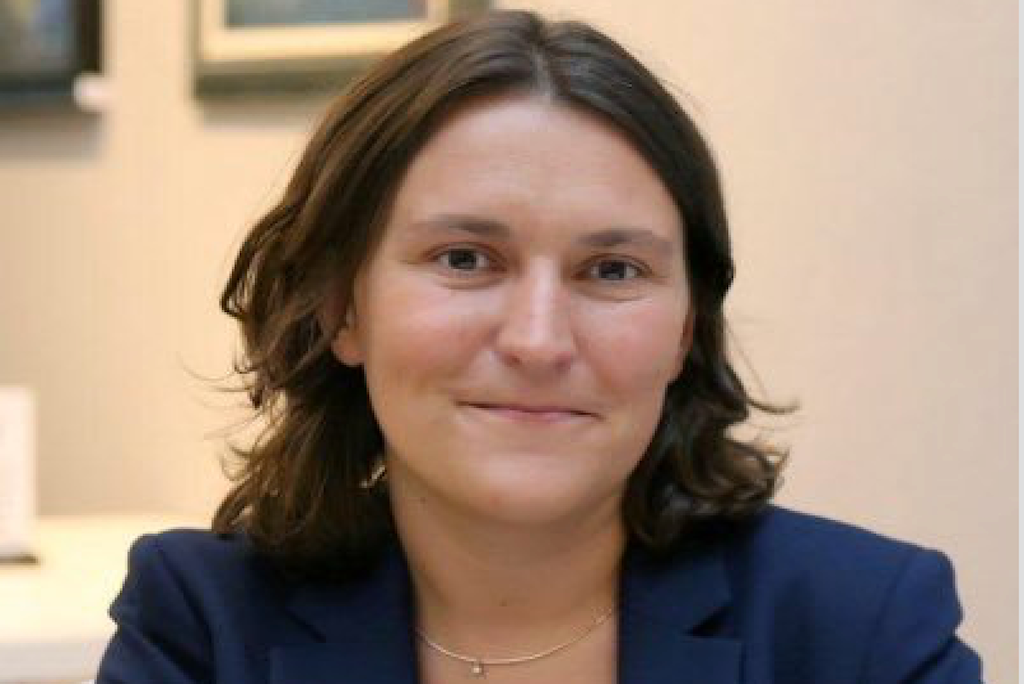Kati Piri, the European Parliament’s rapporteur for Turkey, said on Tuesday during her speech in European Parliament Plenary that “Osman Kavala, Ahmet Şık and Selehattin Demirtaş are not the only innocent persons in jail in Turkey. While the perpetrators of the heinous coup attempt must be prosecuted and brought to justice, so many people became victims of the massive crackdown on all democratic opposition voices.” Piri said European Union should be loud and clear on human rights in Turkey.
“Dear Osman, dear Ahmet, dear Selahattin; at the moment that Turkey is going through a difficult period, it needs brave people like you to stand up for human rights and the respect for rule of law. But for having done exactly that, you are now in a prison cell behind bars. While you cannot follow this debate, I hope your lawyers and family will inform you that we have not forgotten you! And we will continue to plea for your release as your arrests are politicised and arbitrary,” said Piri.
Talking about innocent victims in Turkey, Piri stated that “The numbers are mind-boggling – more than 150,000 people fired and over 50,000 imprisoned. But remember that all these people have a face, have a family, have friends who are hoping that a normalization is still possible.”
Piri has portrayed the Turkey under the despotic rule of Turkish autocratic President Recep Tayyip Erdoğan as follow: “The state of emergency has led to a situation that the government can rule by decree – without parliamentary or judicial scrutiny. Every aspect in Turkish society has become securitized – meaning, that all who voice criticism against the governments’ policies, are being labelled as terrorist or terrorism supporters. With that, legitimate and peaceful opposition is being silenced – in real life and on social media. Last two weeks, almost 500 people were detained for peacefully opposing Turkey’s military operation in Afrin.”
“There is also a structural problem with the lack of independence of the judiciary,” said Piri and added that “And how big that problem is, we could witness last month. First there was a ruling by the Constitutional Court in Turkey to release jailed journalists Mehmet Altan and Şahin Alpay, as their rights had been violated. And although the highest court’s orders were crystal clear, a local penal court decided to keep them in detention.”
Piri has continued to say that “Last week, we could witness another travesty of justice. The wife and daughters of Turkey’s Amnesty International Chair (Taner Kılıç) were waiting in front of the gates of the prison in İzmir to welcome their loved one into their arms after an 8 month imprisonment. A judge had ruled earlier that day for his release on bail. But within a couple of hours, the same judge changed his mind and ordered his re-arrest.”
“And for all those people who have lost their jobs by decree, there is so far little hope for remedy. From one day to another, they have been labelled as terrorists and therewith socially excluded,” reminded Piri and added that “High Representative Mogherini, the EU is preparing a mini-Summit with Turkish President Erdoğan at the end of March. We could read in the papers that no preconditions have been put on the table. But I hope you can tell us what you expect as results from such a meeting.”
“We, in the Parliament, expect the EU to be loud and clear on human rights in Turkey. Not only because these are the values that our Union is based upon, and Turkey as a candidate should adhere to them. But also because we risk losing credibility and support by a majority of Turkish society if we don’t stand up for their rights in these dark times.”
Top European Union officials will meet President Erdoğan in Bulgaria on March 26 to discuss EU-Turkey relations as well as regional and international issues, an EU spokesman said on Tuesday. The meeting in the city of Varna will take place against a background of hostility between Turkey and the bloc and diplomats in Brussels acknowledged that the meeting had been agreed to only reluctantly by some on the EU side, according to a report by Reuters.
Bulgarian Prime Minister Boyko Borissov will host Erdoğan as well as Donald Tusk, who chairs meetings of EU leaders, and the head of the bloc’s executive European Commission, Jean-Claude Juncker, for a dinner.
Turkey survived a controversial military coup attempt on July 15, 2016 that killed 249 people. Immediately after the putsch, the Justice and Development Party (AKP) government along with Turkish autocratic President Recep Tayyip Erdoğan pinned the blame on the Gülen movement.
Gülen, who inspired the movement, strongly denied having any role in the failed coup and called for an international investigation into it, but President Erdoğan — calling the coup attempt “a gift from God” — and the government initiated a widespread purge aimed at cleansing sympathizers of the movement from within state institutions, dehumanizing its popular figures and putting them in custody.
Turkey has suspended or dismissed more than 150,000 judges, teachers, police and civil servants since July 15. Turkey’s Interior Minister announced on December 12, 2017 that 55,665 people have been arrested. Previously, on December 13, 2017, The Justice Ministry announced that 169,013 people have been the subject of legal proceedings on coup charges since the failed coup.
A total of 48,305 people were arrested by courts across Turkey in 2017 over their alleged links to the Gülen movement, said Turkish Interior Minister Süleyman Soylu on Dec. 2, 2018. “The number of detentions is nearly three times higher,” Soylu told a security meeting in İstanbul and claimed that “Even these figures are not enough to reveal the severity of the issue.”















